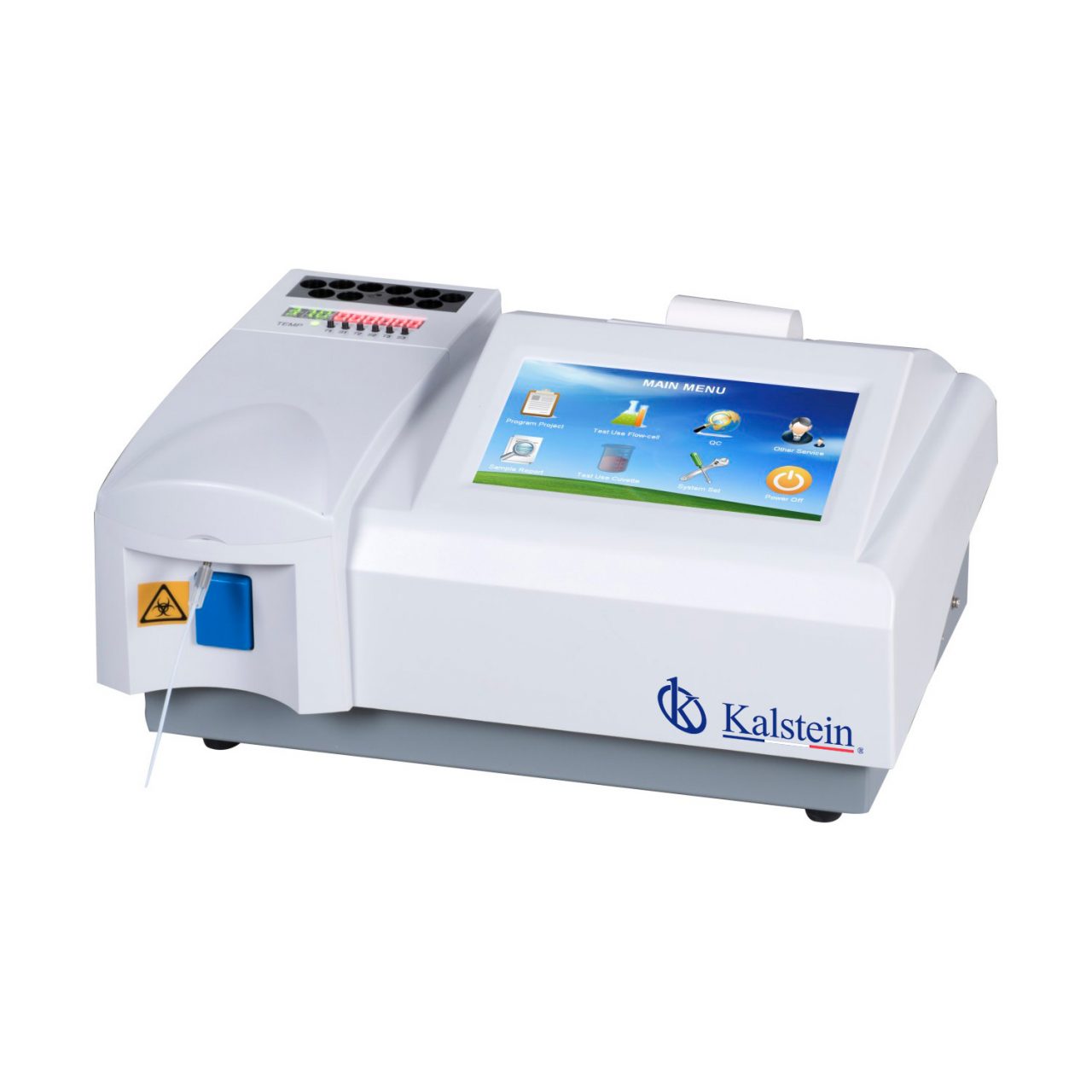Valproic acid is a drug used primarily to treat epilepsy. It is indicated for generalized or partial epilepsies. In addition, it is also used for the treatment of manic episodes in bipolar disorder when lithium is contraindicated, is not tolerated or the patient does not respond adequately, as is the case in patients suffering from mixed manic episodes.
What is epilepsy?
Epilepsy is a chronic disease with recurrent critical episodes, epileptic seizures. These crises are excessive discharges of sudden onset and end, which are triggered uncontrollably in a large number of neurons.
These discharges are the clinical expression of a functional alteration of the brain due to a disorder of cortical neurons that produce, at the same time, several anomalous discharges at a point of the central nervous system (CNS), the epileptogenic focus.
It is also believed that the origin of epilepsy is neuronal depolarization / repolarization, that is, electrical changes in the membrane of these cells. On the other hand, there are several hypotheses that are made about the causes of epilepsy. Among them we can find:
• Due to high levels of the neurotransmitter glutamate and low levels of GABA (it is the CNS depressor neurotransmitter).
• Cholinergic and monoammonic influences.
• Changes in the intra and extracellular relationship of ions.
• Fetal abnormalities in neuronal migration.
What is bipolar disorder?
As mentioned, the main indication of valproic acid is the treatment of epilepsy. However, in patients with bipolar disorder in which the first-line treatment for that disease does not take effect, this medicine is also used.
One adult in every 100 has this disorder. Normally, it usually begins during or after adolescence. It affects women and men equally. Bipolar disorder, as the name implies, is to suffer sudden changes in mood. These changes usually last several weeks or months and go beyond what healthy people experience.
On the other hand, today the exact causes of this disease are not known. It is believed that genetic factors are involved, these being more important than educational ones.
In addition, there may be a physical disorder in the brain system that controls mood. This explains that bipolar disorder can often be controlled with medication. Also stressful situations or physical illnesses can precipitate changes in mood.
What is the mechanism of action of valproic acid?
Valproic acid acts by increasing the synthesis of GABA and inhibiting the sodium and calcium channels. In addition, it presents other mechanisms of action. This drug is structurally related to GABA and has multiple mechanisms of action, such as:
• Increase the synthesis of GABA.
• Inhibit degradation by blocking GABA-T.
• Increase the release of this neurotransmitter and decrease aspartate levels.
• Inhibit sodium and calcium channels.
GABA, like other substances such as serotonin or adrenaline, is a chemical that is synthesized in the body and is responsible for the transmission of signals from a neuron to the next one. Depending on the neurotransmitter, they will transmit one type of signal or another triggering a different signaling married. In the case of GABA, when segregated, it emits signals of inhibition or reduction of neuronal activity.
What are the adverse reactions of valproic acid?
This drug, like the others, also presents a series of adverse reactions that must be taken into account when administering it, so its levels should be monitored through its serum determination in the laboratory. In this way, the use of this drug is limited, since it produces toxicity in the liver and has side effects.
Some of them are
•Epigastric pain
• Nausea and vomiting.
• Isolated reversible parkinsonism.
In Kalstein we offer you a new blood chemistry analyzer, by which you can determine the levels of valproic acid in your laboratory. That’s why we invite you to take a look HERE


